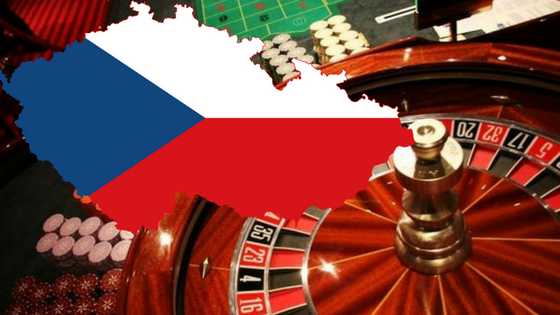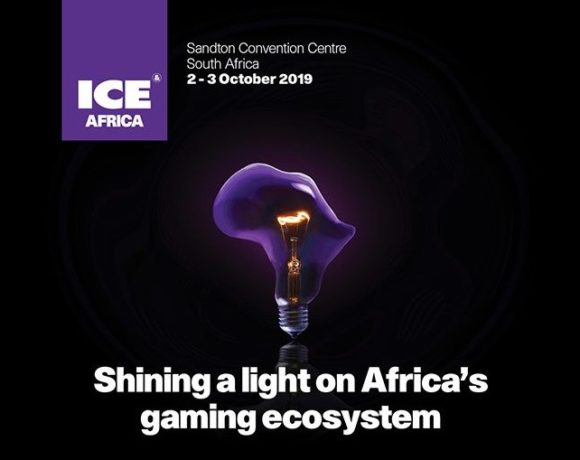Máté Szabó, the Commissioner for Fundamental Rights, allegedly violated the right to property of entrepreneurs, the way in which gaming machines were banned, and the government’s procedure was contrary to the protection of legitimate expectations and the requirement that sufficient time for preparation should be provided when the legislation came into force to adapt to the legal environment and therefore requested the Constitutional Court to annulment of certain sections of the law.
According to the Ombudsman, the legislator is free to decide to what extent the market players are involved in the gambling market and do not even want to say whether gambling is socially correct and at the same time the lack of minimum preparation time is in any case a violation of the constitution as the existing permits (ie rights of property rights) by the legislator without delay, without compensation.
Independently of the Ombudsman, two business companies have also initiated a revision of the Gambling Act at the Constitutional Court.
The Constitutional Court dismissed the motion for annulment and the constitutional complaints:
• the intention of the legislator expressed in the explanatory memorandum of the bill that it can radically reduce the availability of the most vulnerable groups and layers of society to slot gaming machines for social, health and economic reasons is not in conflict with the fundamental law provisions,
• Gambling machines play a prominent role in gambling and gambling addiction to them.
• the fact that the amendment of the Act has not actually provided a preparation time, but this does not violate the principle of the rule of law since it required the urgent action against the national security risk.
• the “gaming” associated with gaming machines could have been unpredictable, perhaps in the event of a possible preparation period, which would have led to the growth of the negative phenomena to be avoided until the end of the preparation period.
• the state, the organization of gambling, as a state monopoly, freely decides to liberalize the given activity, ie it allows for a greater scope for private enterprises (…), or part or all of them, as part of its exclusive economic activity.
• Provision of compensation in the case is a requirement arising from the rule of law, which the legislator can satisfy after finishing the national security risk.
However, the closure of the national security risk procedure was not completed because, given the letter of 16 December 2013 addressed to István Schreiber, Chairman of the Hungarian Gaming Association, this is a continuous analysis of information, so long as the law does not provide otherwise.
On the basis of the letter, it can be stated that the government (or one of its members) has decided to indemnify the companies involved in the gambling market (and their owners, employees) - whatever the Constitutional Court says.
Another question is that the Constitutional Court has started out of the text of the bill which, as it turned out, contained false arguments, as the real goal was not to curb gambling and to prevent addicts and to prevent addictions, but to the operation of slot machines (and the profits from it) into completely privatized casinos.

Regulatory regulation of online casino competition restricts
The Hungarian online casino regulations do not comply with the EU directive on the freedom to provide services. Unibet International vs. In the NAV case, the Municipal Administrative and Labor Court filed a preliminary ruling in 2014 because, in Unibet’s opinion, Hungarian legislation did not comply with this directive.
According to Maciej Szpunar, Advocate General of the Court of Justice of the European Union, there are serious transparency issues in the regulation of online gambling in Hungary, and the Hungarian authority with the right to grant a concession has a wide margin of discretion that did not ensure the implementation of a tendering procedure based on objective and pre- that is to say, to grant permission to whom he wanted and for whom he wanted permission.
The motion was accepted by the court and found the violation of the EU principle and that the conditions of the Hungarian law are disproportionate and can not be justified on grounds of consumer protection or public policy. The organization of games of chance can be restricted in the public interest (this is not the case here) but it can not violate the requirement of equal treatment and there is also a lack of transparency in decision-making.
The decision of the Court of Justice of the European Union, as in the above-mentioned case, and thus here, does not automatically result in the nullity of the Hungarian legislation in question, but it also gives legal grounds to the operators affected by the concession rules subsequently to claim damages. If this occurs, ultimately the financial burden for Vajna’s monopoly on the market must also be borne by the taxpayers, as well as by the loss of the tax revenue from this market segment.
































